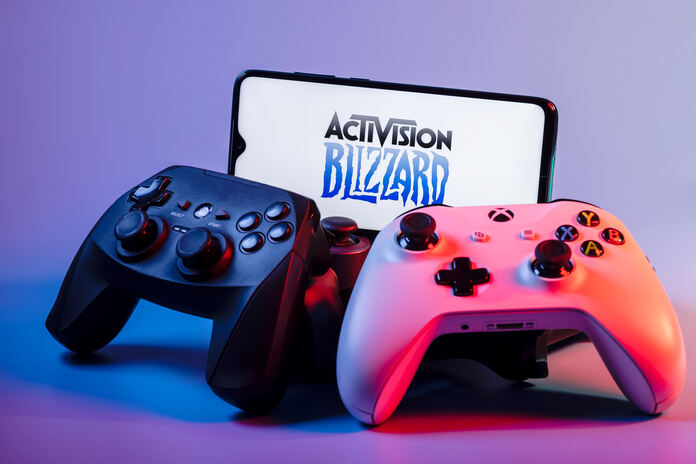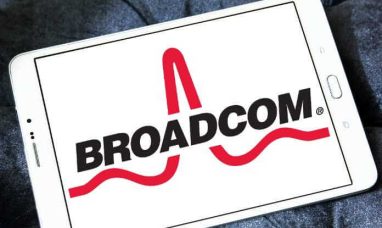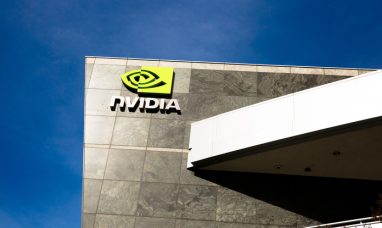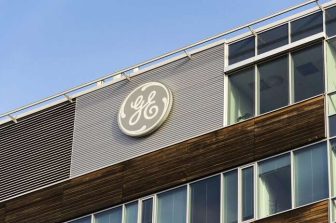The upcoming game from Activision Blizzard (NASDAQ:ATVI) may turn out to be the company’s most high-stakes one to date as the completion of its $69 billion sale to Microsoft draws closer, despite the fact that a deadline on Tuesday is rapidly approaching. Bobby Kotick, the CEO of Activision Blizzard, may have greater clout to negotiate better terms if Microsoft requires more time to finalize the transaction. Activision stock (NASDAQ:ATVI) has gained 18% year-to-date.
Because of a recent court judgment that went in Activision’s favor, there are no longer any legal impediments to the conclusion of the purchase in the United States before the end of this coming week. Even if the Federal Trade Commission has filed an appeal against the decision, it is possible that it may take longer to receive regulatory permission from British authorities.
The question that needs to be answered is whether or not the merger will be able to be finished before the agreement expires on July 18. In that case, Activision might have to concede to an extension of the deadline. The enormous shifts that have taken place over the course of the past 18 months have contributed to the situation’s increased sense of suspense.
Activision Stock Was Struggling At the Time of Deal
Activision stock (NASDAQ:ATVI) was struggling owing to underperformance in its main warfare series when the deal was disclosed in January 2022. This resulted in a projected 50% loss in earnings for the first quarter of that year. Activision was in the process of announcing the deal. During this time, businesses related to technology were going through a difficult period. Similar to that of competitor Electronic Arts, the valuation of Activision had dropped from approximately 25 times anticipated earnings to approximately 17 times.
Activision’s revenue, on the other hand, increased significantly after the release of a new “Call of Duty” game, which brought in $800 million in only its first three days of sales. Estimates suggest that earnings per share will hit a post-pandemic high of $4 this year, which would mark a new high point for the company. If Activision were to trade at a multiple of 20 times that earnings, like Electronic Arts do, its standalone value would be roughly $80 per share, which would dramatically reduce the implied premium associated with the deal. In the event that the transaction is unable to be completed, Microsoft would be required to pay Activision a charge of $3 billion, which is equivalent to $3 per share.
Even if Microsoft needs just a few more weeks to overcome regulatory issues, its offer of $95 a share should still be tempting enough on its own. However, if the process continues to drag on for an extended period of time, the CEO of Activision may examine whether the company’s bright future, which has been bolstered by recent triumphs such as “Diablo 4,” merits a higher price. Within the context of this game, time is of the essence for Microsoft.
Context Current Events
After hearing arguments from the Federal Trade Commission to halt the agreement, a court in the United States ruled on July 11 that Microsoft is allowed to move forward with its $69 billion acquisition of video game producer Activision Blizzard. The FTC’s arguments were rejected. The organization intends to file an appeal against the ruling. On July 14, the temporary restraining order that has been obstructing the completion of the deal will no longer be in effect. The Competition and Markets Authority in the United Kingdom, which had previously made an effort to prevent the merger, declared on July 12 that it is ready to discuss its concerns with the companies in question and is prepared to engage in dialogue with them. On July 18th, the merger agreement will no longer be in effect.
Featured Image: Megapixl















